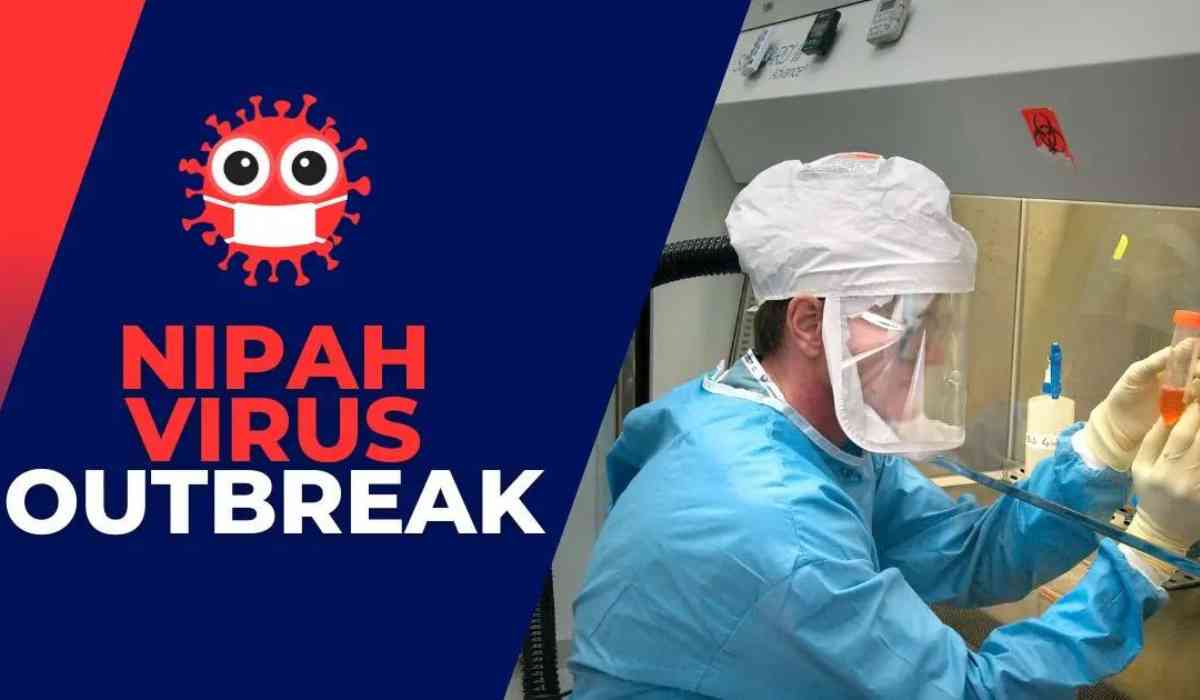Kerala Health Minister Veena George on Wednesday confirmed another Nipah virus case, taking the total number of infections in the state to five. The infected person is a 24-year-old medical staff working at a private hospital in Kozhikode. So far, the Nipah virus has claimed the lives of two people in Kerala.
There are currently 706 people registered on the contact list, including 77 high-risk people and 153 medical professionals. Fortunately, none of those in the high-risk group are currently experiencing symptoms. Currently, 13 people are being monitored at the hospital and have mild symptoms such as headaches. To minimize the risk of onward transmission, the government has advised high-risk contacts to stay at home.

Meanwhile, the Kerala government has set up 19 core committees to streamline all necessary actions. Local government teams have also been mobilized to deliver essential supplies to isolated people.
Earlier in the week, Chief Minister Veena George emphasized the state's commitment to proactively detecting infections before cases are confirmed in a laboratory. Health regulators diligently monitor clinical symptoms to provide early warnings. The state's main goal is to quickly trace and quarantine people who came into contact with infected people.
Nipah Virus Outbreak In Kerala, 2 Dead, Alert Issued
In response to a question in the Assembly, the Health Minister identified seven panchayats of Kozhikode village – Atanchery, Maruthonkara, Tiruvallur, Kuttiyadi, Kayakkodi, Villyapalli and Kavilumpara – as containment zones. The strategy is part of the state government's efforts to contain the spread of the virus. Minister of Education V. Sivankutty also directed the state director of education to organize online classes for students in quarantine areas, enabling them to continue studying at home.
What is Nipah virus and its symptoms:
Nipah virus (NiV) is a virus transmitted from animals to humans, such as bats or pigs. It can also be spread through contaminated food or direct person-to-person contact. Fruit bats of the Pteropodidae family are considered natural hosts of the Nipah virus.
According to the World Health Organization (WHO), the incubation period (the time from infection to the appearance of symptoms) can range from 4 to 14 days, although the incubation period is longer, up to up to 45 days, has been reported. In infected humans, the Nipah virus can cause a variety of illnesses, from mild or asymptomatic infections to severe respiratory illness and fatal encephalitis. It can also lead to serious diseases in livestock, leading to significant economic losses for farmers.

Initial symptoms in infected people include fever, headache, myalgia (myalgia), vomiting and sore throat. These symptoms may progress to dizziness, drowsiness, altered consciousness, and neurological signs indicative of acute encephalitis. Some people may develop atypical pneumonia and severe breathing problems, including acute respiratory failure. In severe cases, encephalitis and seizures can occur, leading to coma within 24 to 48 hours.
Although most people who survive acute encephalitis recover completely, some may develop long-term neurological problems, such as seizure disorders and personality changes. In rare cases, patients may develop recurrent or late-onset encephalitis. Case fatality rates vary, estimated from 40% to 75%, depending on local epidemiological surveillance and clinical management capacity during the epidemic.





















